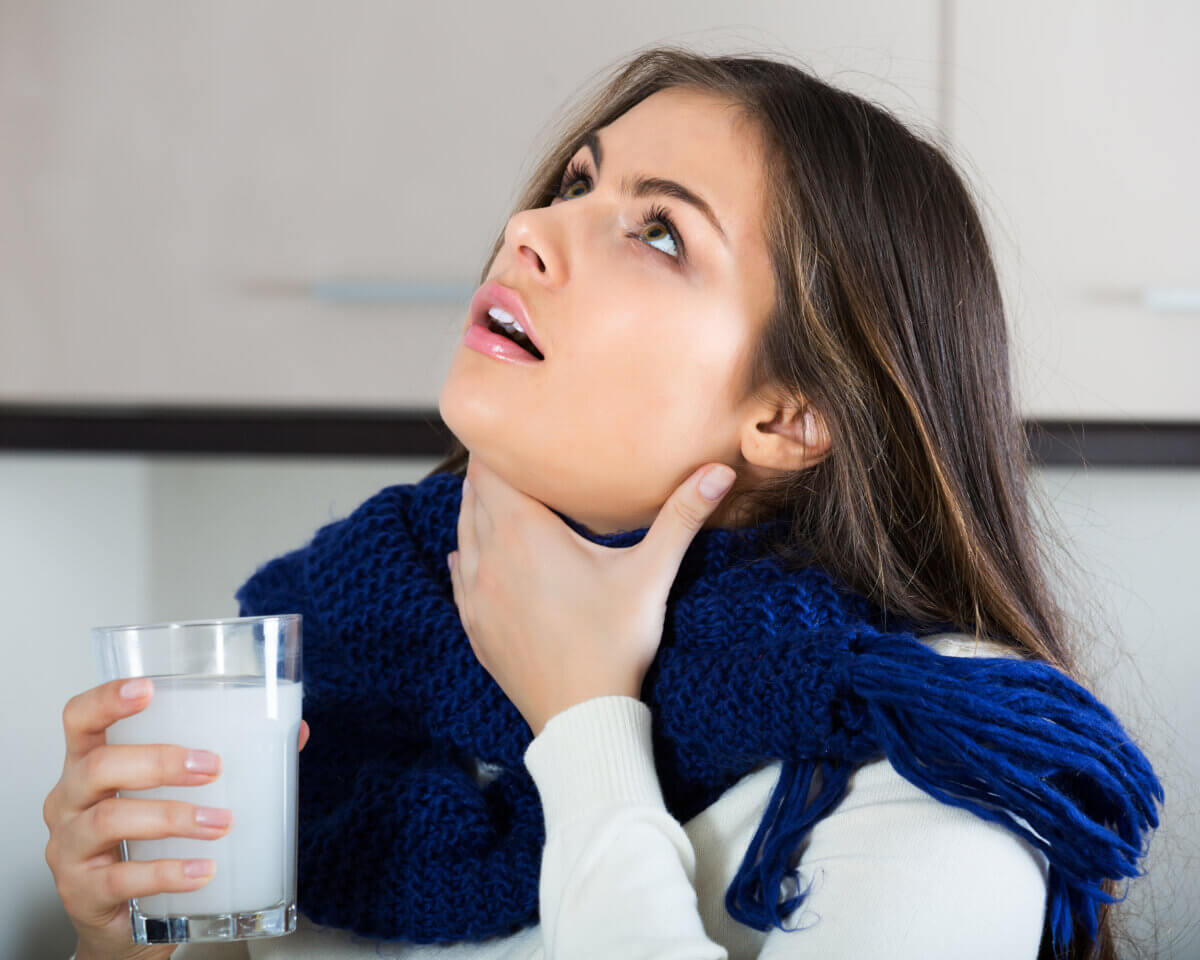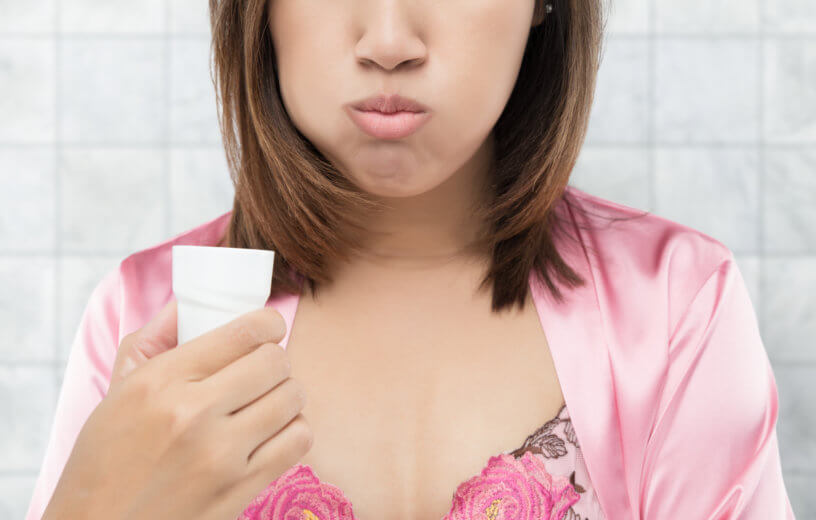ANAHEIM, Calif. — Individuals diagnosed with COVID-19 can significantly reduce their risk of hospitalization by gargling with salt water, a new study reveals. Scientists have discovered that participants who gargled with either low or high concentrations of salt in warm water for two weeks after a positive COVID test were up to three times less likely to require hospital care compared to those who did not gargle.
Four years after the emergence of COVID, researchers suggest that those infected are likely seeking at-home treatments to alleviate respiratory symptoms and avoid hospitalization. With that in mind, the study, which included 58 COVID-positive individuals, finds that whether patients use a lot of salt or just a little, there’s still a link to decreased hospital admissions.
“Between 2020 and 2022, individuals aged 18-65 years with positive PCR test for SARS-CoV-2 infection were randomly selected to undergo low- or high-dose saline regimens for 14 days,” says Dr. Sebastian Espinoza, the study’s lead author, in a media release. “The low- and high-saline solutions consisted of 2.13 grams and 6 grams of salt dissolved in 8 ounces of warm water, respectively. Gargling and nasal rinsing were done four times a day for 14 days.”

The researchers did not record any significant differences in the study’s primary or secondary outcomes between the low and high salt concentration groups.
“Primary outcomes included frequency and duration of symptoms associated with SARS-CoV-2 infection; secondary outcomes included hospital or ICU admission, mechanical ventilatory support, or death,” Dr. Espinoza explains. “Exclusion criteria were chronic hypertension or participation in another interventional study. Those on the low- and high-dose saline solutions, as well as those in the reference population, had similar rates of vaccination.”
The reference group for the study period included over 9,300 individuals who tested positive for COVID-19.
“Our goal was to examine saline nasal irrigation and gargling for possible association to improved respiratory symptoms associated with coronavirus infection,” says Jimmy Espinoza, MD, co-author of the study. “We found that both saline regimens appear to be associated with lower hospitalization rates compared to controls in SARS-CoV-2 infections. We hope more studies can be done to further investigate the association.”
These findings are due to be presented at the American College of Allergy, Asthma, and Immunology (ACAAI) Annual Scientific Meeting in Anaheim, California.
You might also be interested in:
- Pass the salt, it can actually be healthy for you
- ‘Nasal magic’ may be keeping kids safe from COVID-19, researchers explain
- At least 1 in 7 Americans have had long COVID, study reveals
South West News Service writer Stephen Beech contributed to this report.

